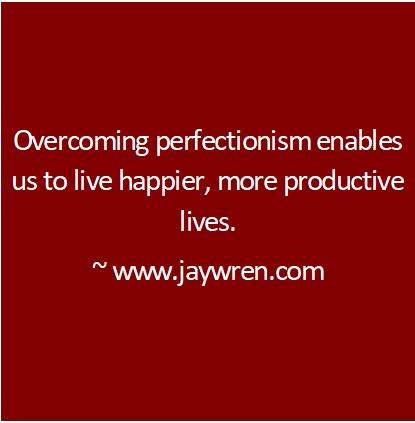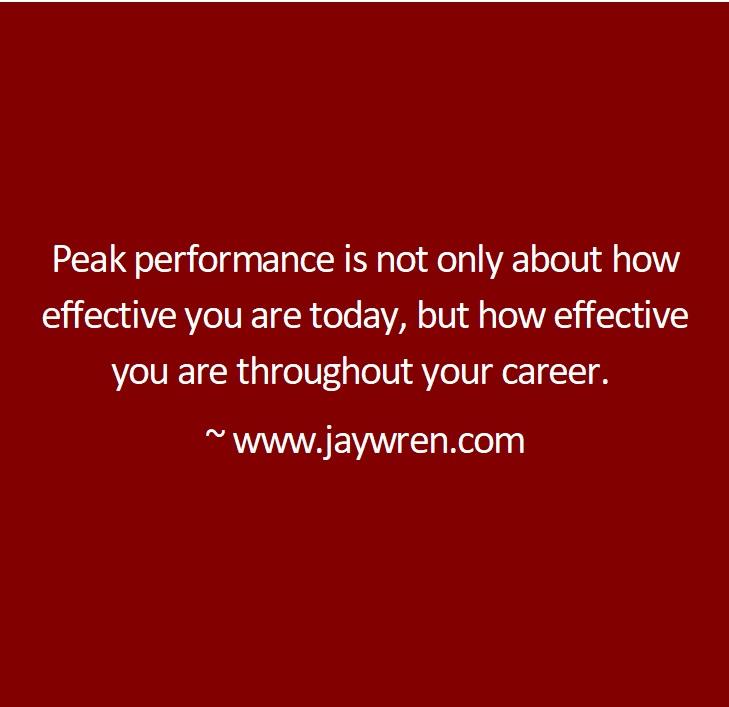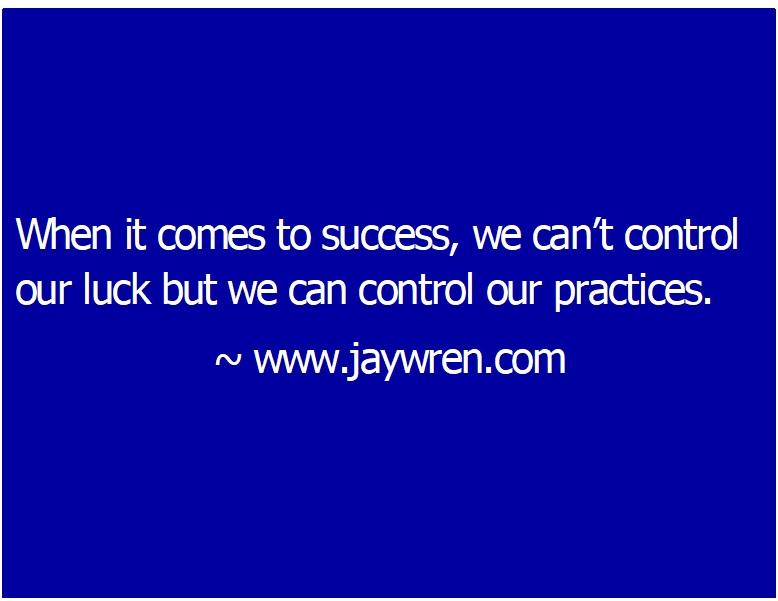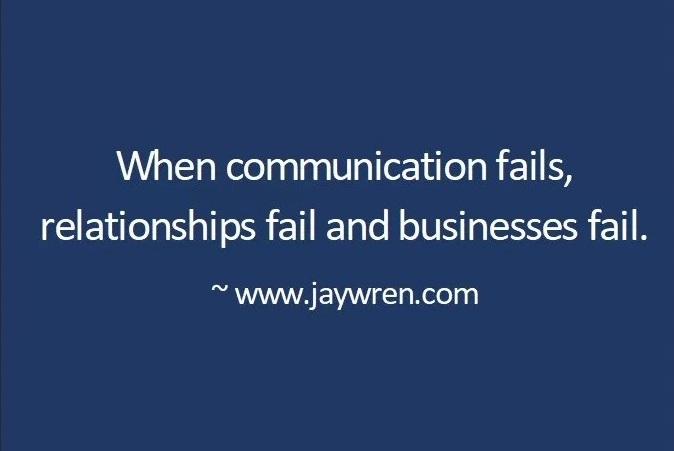Ending Perfection Paralysis: How do successful people end the compulsion to rework projects and move on to create new ones?
My Personal Struggles with Ending Perfection Paralysis
I have worked on drafts of articles so many times that I have lost track of what I had in mind when I started writing the article.
Additionally, in reviewing older blog posts, I see ways that I could have written the post better. However, few people will ever see those posts. Taking time to continually review and rewrite old material takes away from my time to create new work.
The Perfectionist as a Manager
The worst case of perfection affecting performance I have seen was the case of a former supervisor. He placed so much emphasis on everything being exactly the way he wanted that everyone struggled through countless changes to meet his expectations. Whether dealing with correspondence, maintenance, or production, he would continue to look for flaws in everything. He would insist that things be done to meet his idea of how they things should be done.
When this person left, his replacement was just the opposite in his management of people and requirements for perfection. He knew that he had intelligent, conscientious people working for him. He would carefully review the finished products and perhaps make changes. However, he also knew that countless unnecessary revisions were just a waste of time.
Peak performance comes from knowing when to move on to the next project.
Money Saved and Money Earned.
The first obvious benefit of ending perfection paralysis is that people become more productive. However, there are other benefits.
The principle of ending perfection saves money and builds businesses to make more money. Every time a company revises or reworks anything, the company spends money and creates delays in profitable productivity.
Reduced Risks of Mistakes
Additionally, some products may undergo changes that introduce errors that must be caught before the revised product can be released. Every time I revise my material, I risk making errors in the new material.
Changes of schedules or procedures in groups of people create risks of confusion. Inevitably the more changes to a schedule will result in an increase in the likelihood that more people will fail to know and meet the schedule.
I first observed this when I was a young manager and there was a flight change involving eight people. No one got the information about the change. All eight people missed the flight. Having been involved in countless scheduling situations since that time, I have made it a practice to hold people to their commitments to stick to schedules.
Solutions to Ending Perfection Paralysis
Some people may need professional help to end their endless perfection. These people have a compulsion. Consistent with compulsions in drinking or taking drugs, people with a compulsion to rework their projects may have an addiction. These people may need professional help to overcome their addiction to perfection.
On the other hand, learning the signs of perfectionism can help you let go of the desire to rework a project. Here are some techniques that may work for you.
Get feedback. Work in teams where consensus can help you release your work and move on to new projects.
Establish parameters. State the purpose of a project. Layout out the details. Once you have completed a project so that it fulfills its purpose, you can know when it is time to release the project.
Set the project aside for a day. Backing away from a project to let yourself view your work objectively will help you recognize when you are reworking a finished project.





